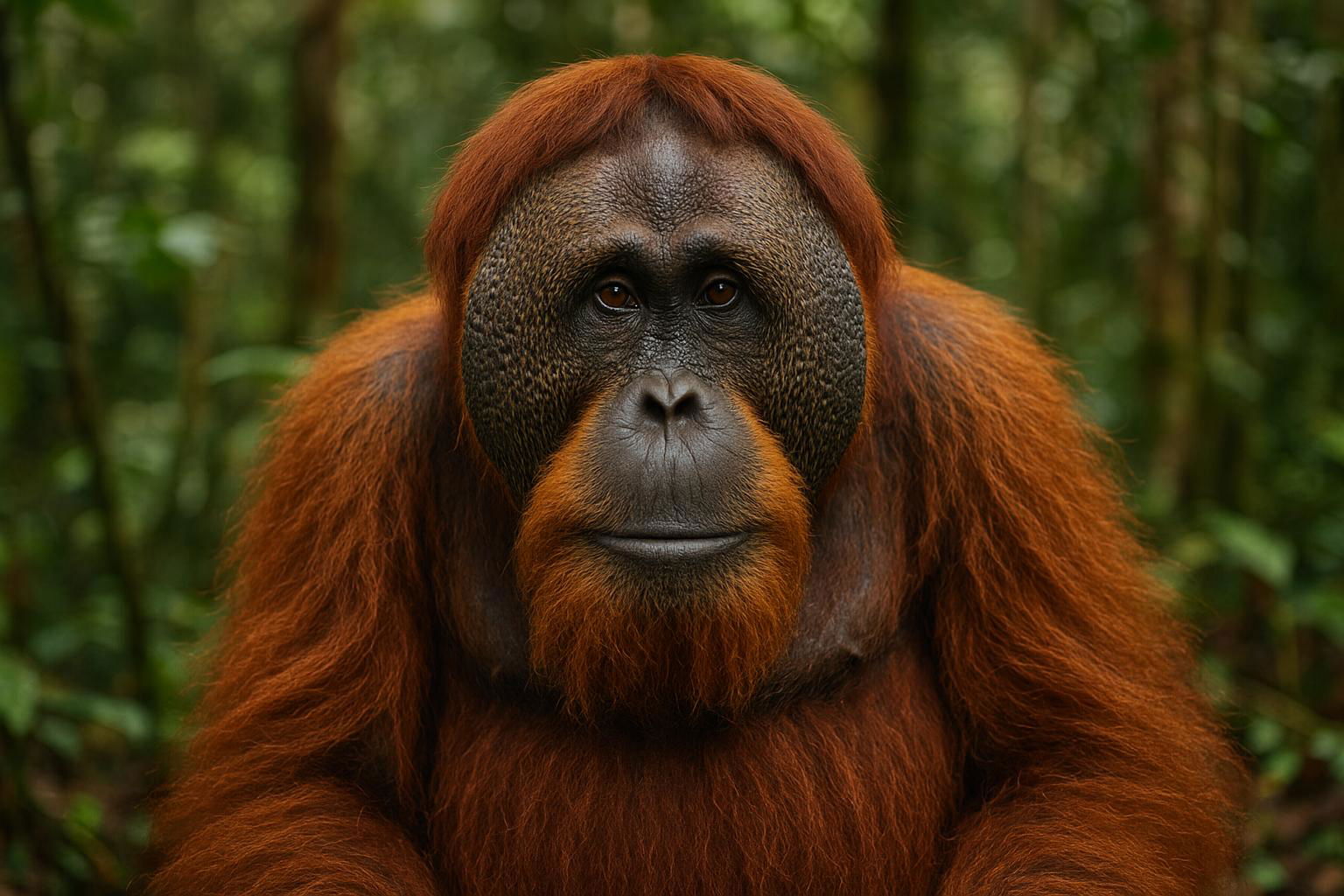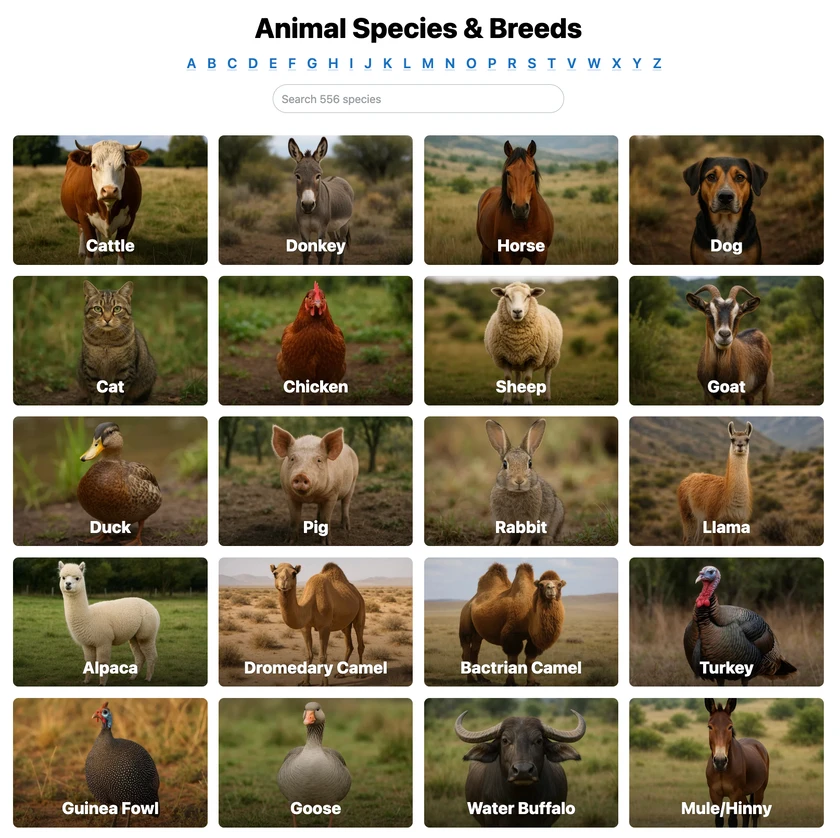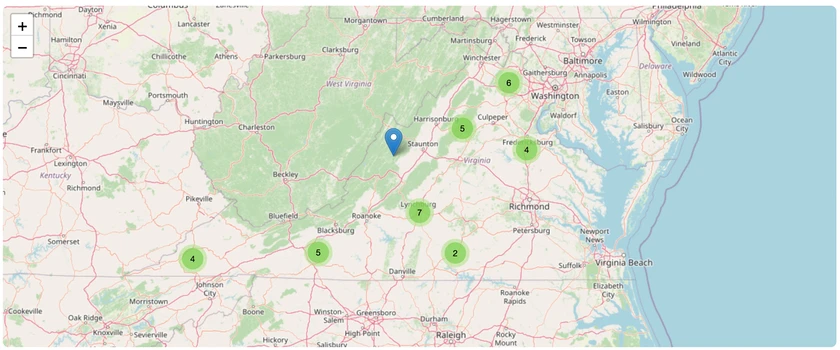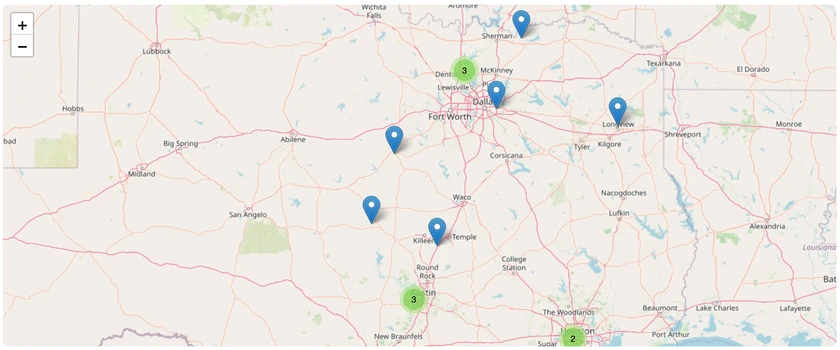
Tapanuli Orangutan
Pongo tapanuliensis
The Tapanuli orangutan (Pongo tapanuliensis) is an intriguing and critically endangered great ape species, native to the dense tropical forests of the Batang Toru ecosystem in North Sumatra, Indonesia. Officially recognized as a distinct species in 2017, this orangutan is the rarest among the three orangutan species, with an estimated population of fewer than 800 individuals. Tapanuli orangutans are characterized by their smaller stature, frizzier hair, and distinctively narrow faces when compared to their Bornean and Sumatran relatives. They exhibit a unique vocalization pattern and have been observed using tools to acquire food, showcasing their remarkable intelligence. Primarily frugivorous, their diet predominantly consists of fruits, supplemented by leaves, flowers, and occasional insects. These arboreal primates are well-adapted to a life in the trees, using their long arms to navigate the forest canopy with ease. Deforestation, mining, and road development pose severe threats to their habitat, necessitating urgent conservation efforts to ensure their survival. The Tapanuli orangutan's discovery underscores the vast biodiversity of Sumatra and highlights the critical importance of preserving such unique species for future generations.
Colors: Wild Type
 All Species & Breeds
All Species & Breeds
 Highland Cattle
Highland Cattle
 Miniature Donkeys
Miniature Donkeys
 All Species Directory
All Species Directory
 Highland Cattle in Virginia
Highland Cattle in Virginia
 Miniature Donkeys in Texas
Miniature Donkeys in Texas












